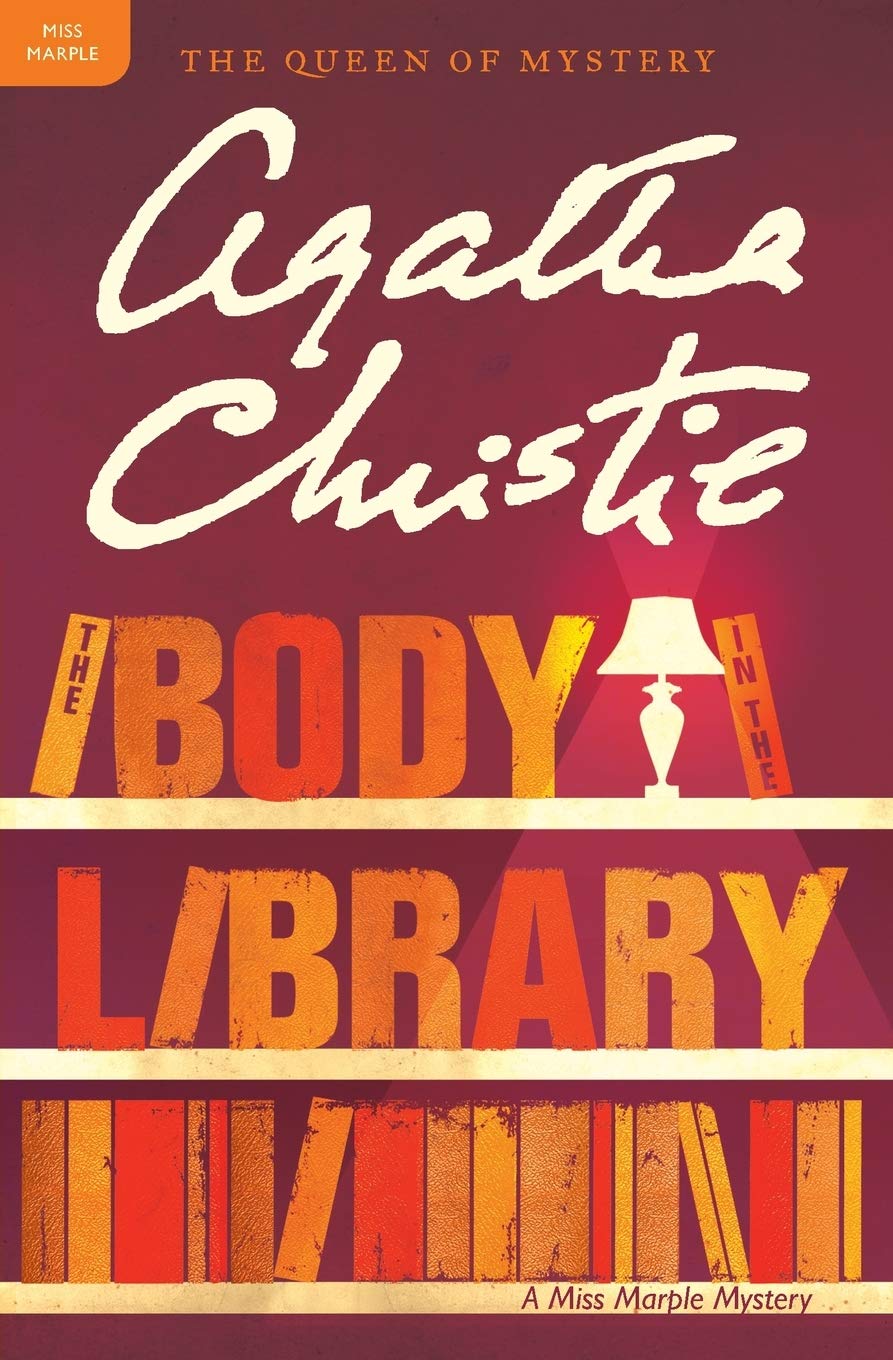It's Banned Book Week!!!!!! What? Huh? That's a thing? Why is that a thing? Did I guess what you were thinking? Don't feel too bad if you have never heard about Banned Book Week; it isn't common knowledge unless you are a librarian, publisher, author, etc. However, if you are someone who is passionate about reading and access to books Banned Books Week is something you should know and care about.
Let me start with a little bit of history. Banned Books Week was started after the 1982 case Island School Trees District v. Pico. Feel free to click on the link if you want all of the details but to sum up the case, a group of parents asked a school board to ban 9 books from the school library on the basis that the books were anti-Christian, Anti-American, anti-Semitic, and just plain filthy". Now you are probably assuming these books must have been Fifty Shades of Gray crossed with The Satanic Bible. Oh no, the books causing such an uproar were the Pulitzer winning Laughing Boy which is about a young Navajo and Indian Boarding schools in America, Slaughterhouse-Five by Vonnegut, which an anti-war novel, Go Ask Alice, which is a great novel warning of the dangers of drug abuse, and Black Boy which is Richard Wright's memoir of growing up black in the segregated south. You may have sensed my sarcasm. Luckily the Supreme Court ruled that libraries and reading are closely tied to our freedoms of speech and press and School Boards cannot ban books just because they disagree with the content. The right to read
Despite the Supreme Court decision in 1982, books are still being challenged and removed from public schools and libraries based on their content. This is why it is so important that librarians, publishers, and book lovers learn continue to promote and educate people about Banned Books Week.
Please don't assume that because I am a firm believer in allowing people to read whatever they want that I am going to be handing a 6 year old a copy of the Kamasutra. Of course, books in libraries should be organized by age level and, ultimately, a parent can decide what their own child can or cannot read. I just don't think that parent should get to decide for my child or your child or anyone else's besides theirs. If you are concerned that something your child is reading is too mature for them there are a number of resources such as common sense media that will tell you exactly what the content of a book, movie, or television show is and whether there is violence, profanity, sex, etc.
If you are genuinely concerned that your child will read a book that will frighten them or encourage them to have sex or become a serial killer or curse like a sailor let me say a couple of things that will maybe put your mind a bit more at ease.
First off, kids are actually really good at censoring themselves. I say this as a mom of four and a youth librarian who helped kids and teens with books for over a decade. Young readers not into romance will either stop reading books that have too much of it or will skim over the parts they don't like. Same thing with books that are scary or violent.
Secondly, if your worried about your teens you need to understand that young adult literature is fairly new. I am over forty and there was not a whole lot written for teens when I was one. Basically there was Judy Blume, Lois Duncan, Sweet Valley High, and that was about it. If you weren't into girly drama you were going to be reading adult books. I read everything by Stephen King and Dean Koontz before I was 14. It is awesome that young readers today have so much to choose from, but, honestly, reading an adult book is not going to scar them.
It is time to be honest about what banning books is currently all about, though. I don't know if you have heard about the recent hullabaloo in York, Pennsylvania, but basically a school decided to ban a number of books for no other reason than that they represented diverse authors and characters and discussed racism. One person behind the ban actually stated that he did not want his child to read about racism because they might feel guilty for being white. I don't even know how to respond to this lunacy and it seems to be spreading rampantly. Politicians, parents, etc. around the country are throwing hissy fits about critical race theory (even though they don't even know what it is) and are trying to ban schools from even teaching the actual history of our country. Why? The only answer I can come up with is racism. It's like the whole You might be a redneck... bit by Jeff Foxworthy. Seriously, you might be a racist if learning about racism scares you so much.
Or we could also say you just might be homophobic if books that show LGBTQ characters as real people who deserve kindness and respect freak you out. Yes, I have heard I love the person, but not the sin
You may think that I am being a bit harsh or overreacting but all you have to do is look at the lists of most banned books over the past decade to see that fear of equality and anything but a white washed history is behind the majority of book challenges. And like everything right now it has become this huge political divide.
Let's take a look at the top most challenged books of 2020. Eight out of the ten most banned books deal specifically with racism. The reasons behind their being banned are contains profanity, supports anti-police views, too divisive, contains racial slurs, etc.
Well, let me tell you that the whole profanity excuse is nonsense. I read a lot of young adult literature and there is quite a bit that contains profanity. I get it if you do not want your kids to curse, I would rather mine not also. At the same time, I am not completely naive and I know that teens swear. Some more than others sure, but it is not uncommon. Also, if I am totally honest, I probably heard more curse words coming from my dad than I ever read in books growing up. The point I am trying to make is that there are tons of books with profanity, but the only ones banned for said profanity are written by brown authors with brown characters.
The anti-police sentiment or too politically divisive are more complicated for most people. There is a massive banner that I drive by every day that says "Support Your Police" and I do support the police. However, I am also astute enough to know that my interactions with police as a white woman in a rural area is probably very different from than those of a person of color living in a large city. Books give us such an amazing opportunity to step into another life and look through their eyes. To deny young people this chance to build understanding and empathy and then create change in our world just leaves me feeling dismal about the future. The majority of police officers are good people who just want to help and serve, but you cannot deny that there is a history of police violence against minorities and based on history those minorities have every reason to be wary. Also, let's be honest, why does it take longer to become a hairdresser than a police officer? We, as a society, cannot create change until we stop interjecting and actually listen to other people's stories and experiences.
It's time to talk about sex. Suddenly I am hearing Barry White singing in the background. Seeing a phenomenal book like Speak on the top ten most banned books just pisses me off. Why? Because books like Speak have been banned from school libraries for showing very real depictions of sexual assault that could make so many teen girls realize that they are not alone. As parents we want so desperately to protect our children, but that isn't always possible. Bad things happen and books are a way for people to know that what they feel, what they experience is okay and normal and that they will survive.
Also, I have to question why books like Speak or The Bluest Eyes are banned for "explicit sexual content" yet books by V.C. Andrews have never been on one of the top ten banned lists. V.C. Andrews (Flowers in the Attic, Heaven, etc) books are in every high school/public library and teen girls devour them. If you are a fan of V.C. Andrews more power to you. I am not judging you, but can you deny that her books are sexually explicit and often depict incest, rape, and molestation and attempt to make them strangely sexy. Now, I do not support banning any books, but why are we okay with creepy, fantasy sex involving super hot white people but not with fiction that shows real teens (white, brown, black, gay, trans) dealing with real issues like sexual attraction, pregnancy, assault, abuse, etc.
And for those of you that are terrified of books like George or Tango
Makes Three or Two Boys Kissing; LGBTQ people exist. They have always
existed and simply ignoring that fact or actively teaching your children
that they should be feared or are disgusting in some way is despicable.
Claiming to love the person, but the hate the sin is the biggest
bullshit excuse for actively discriminating against gay people.
Please take the time to read this amazing interview with Alec Gino, the author of George (Melissa's Story). Maybe it will make you rethink your stance on LGBTQ people. It is not a lifestyle choice and it cannot be wished or prayed away.
I know that this post has turned into a rant, but it is something that I feel incredibly passionate about. There has been so much in the news over the last few years about "erasing history". Gasp! We have taken down confederate statues. How will anyone know that Robert E. Lee was a traitor to America instead of a hero. Wait do I have that backwards? The fact is America has erased it's history for generations and we are only just acknowledging a history that is not white, wealthy, and male. This is a good thing. It does not mean that there were never good white people or that we should personally feel responsible for slavery. I go back to the dad who did not want his child to feel guilty for being white. What about the African American, Indigenous, Latinx, Asian, etc. parent who has to tell their child that their history cannot even be read about in books or taught in school because it will make white children feel bad. "Cancel Culture" is the hot button term on Fox news right now, but the ruling class of America has been canceling cultures since before the Revolutionary War.
Ok, now I will really stop ranting, but if you made it this far go check out a banned book to read!


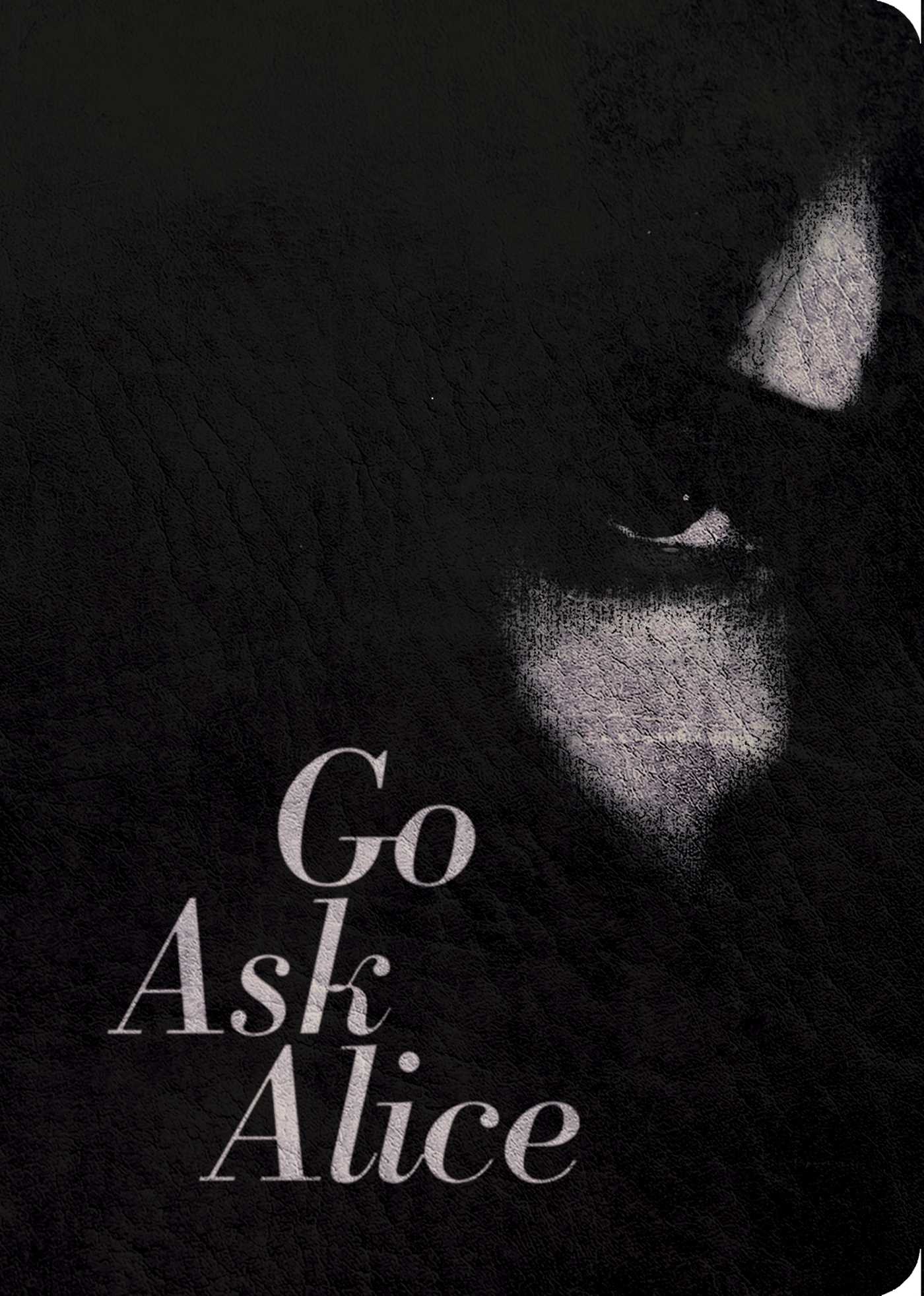


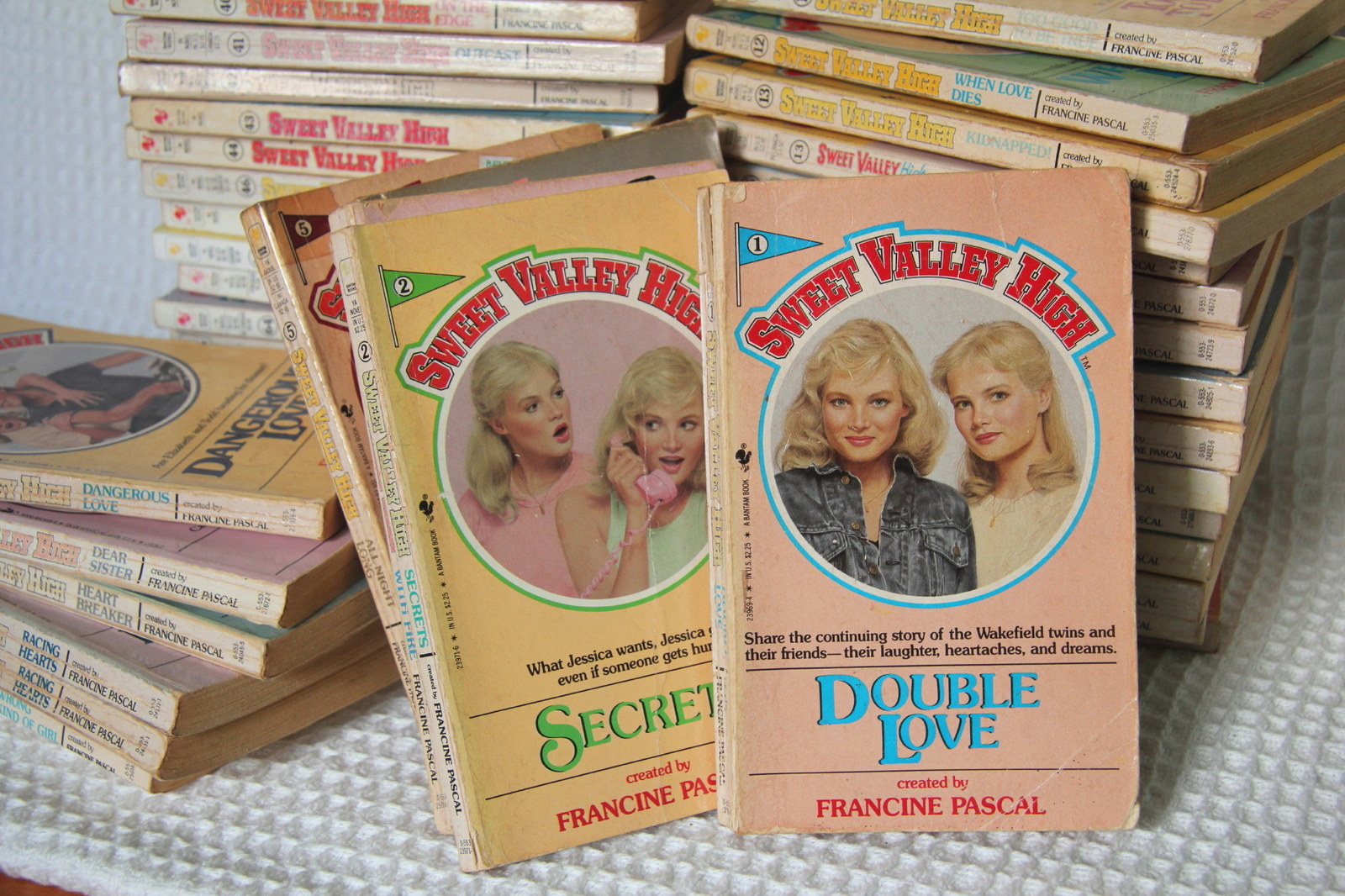

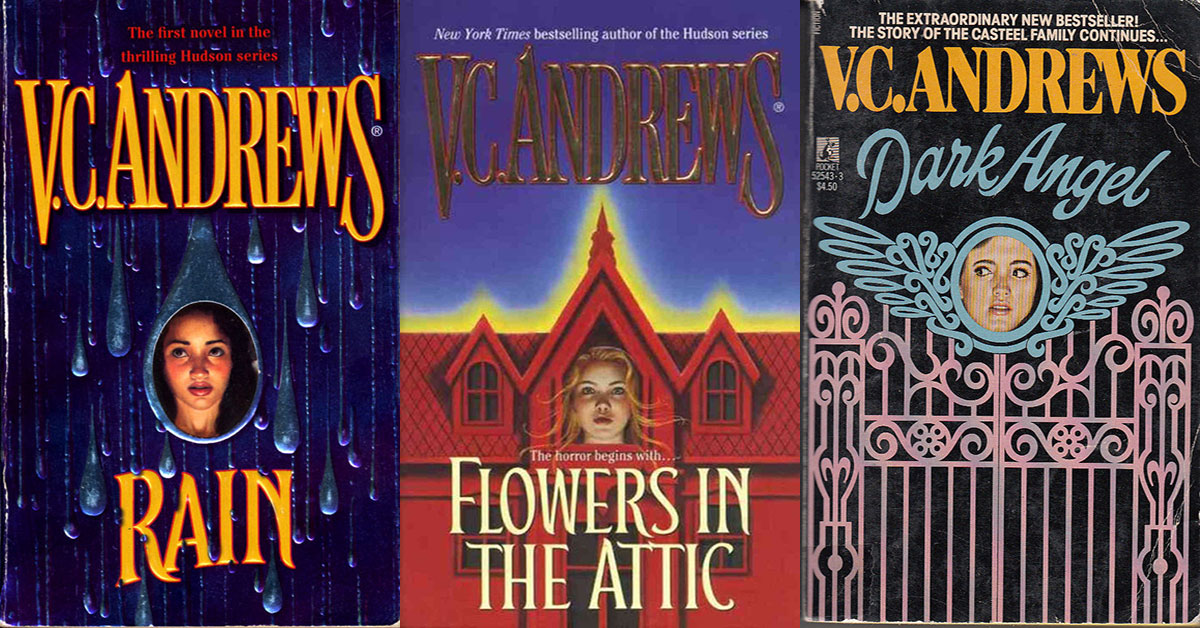






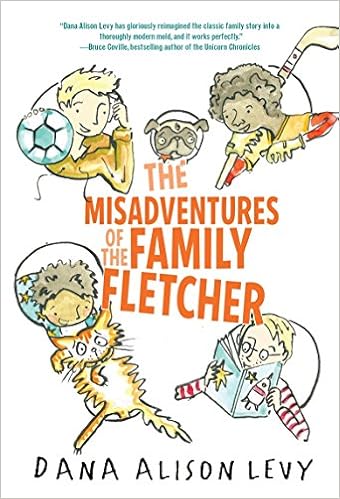





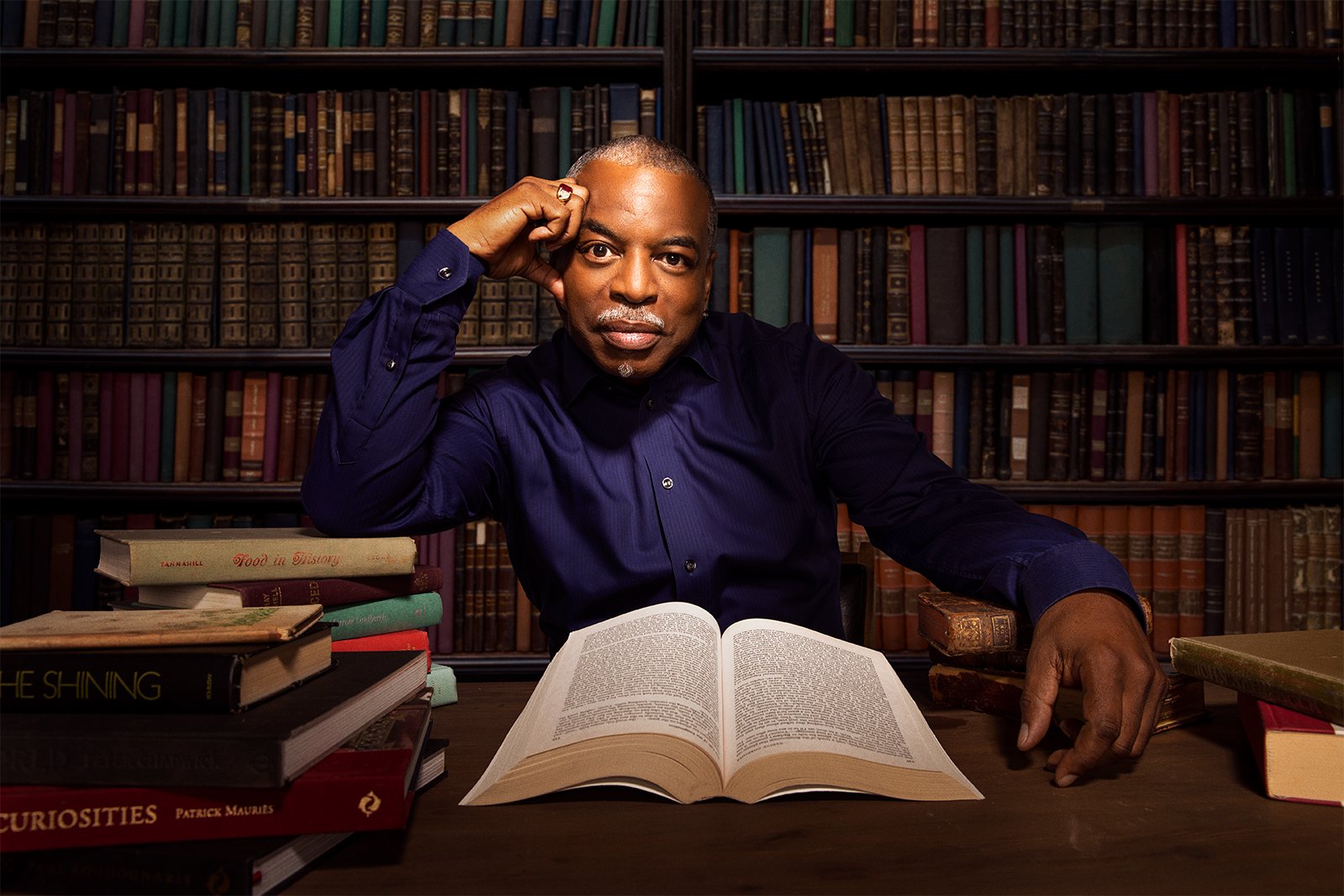
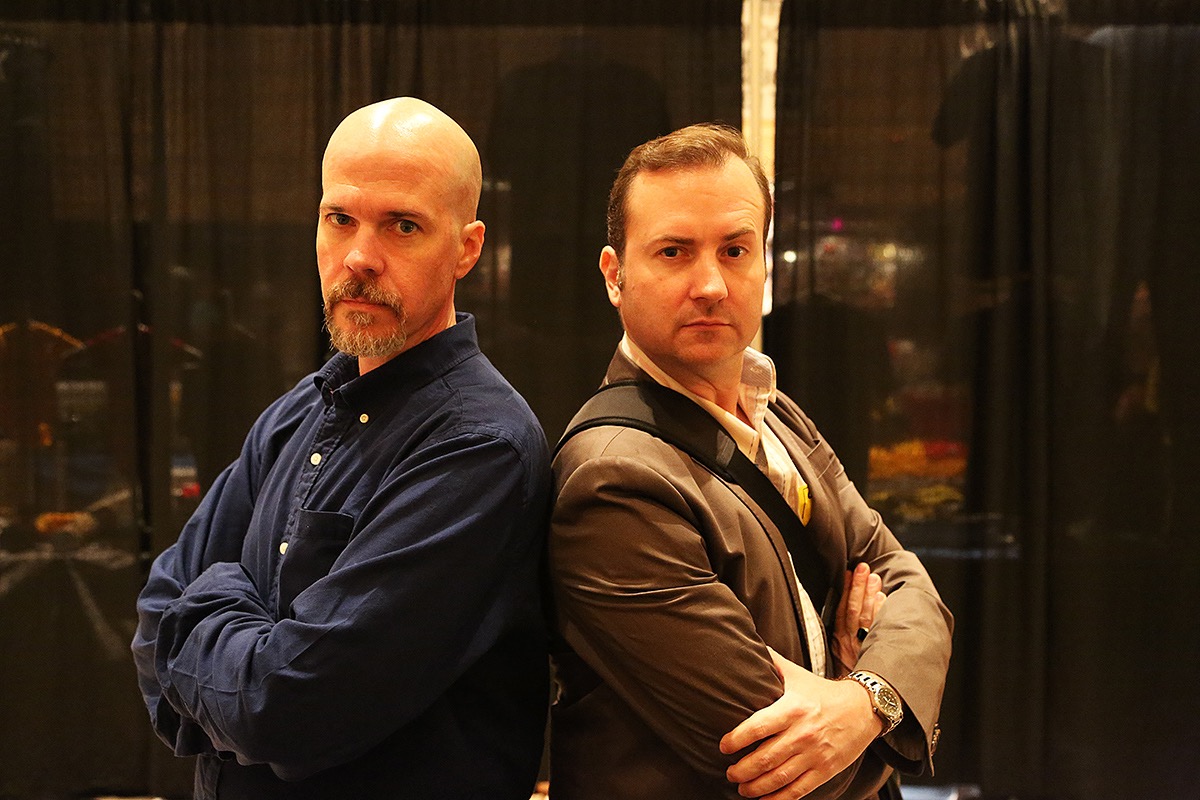


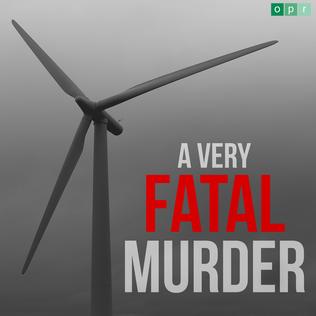
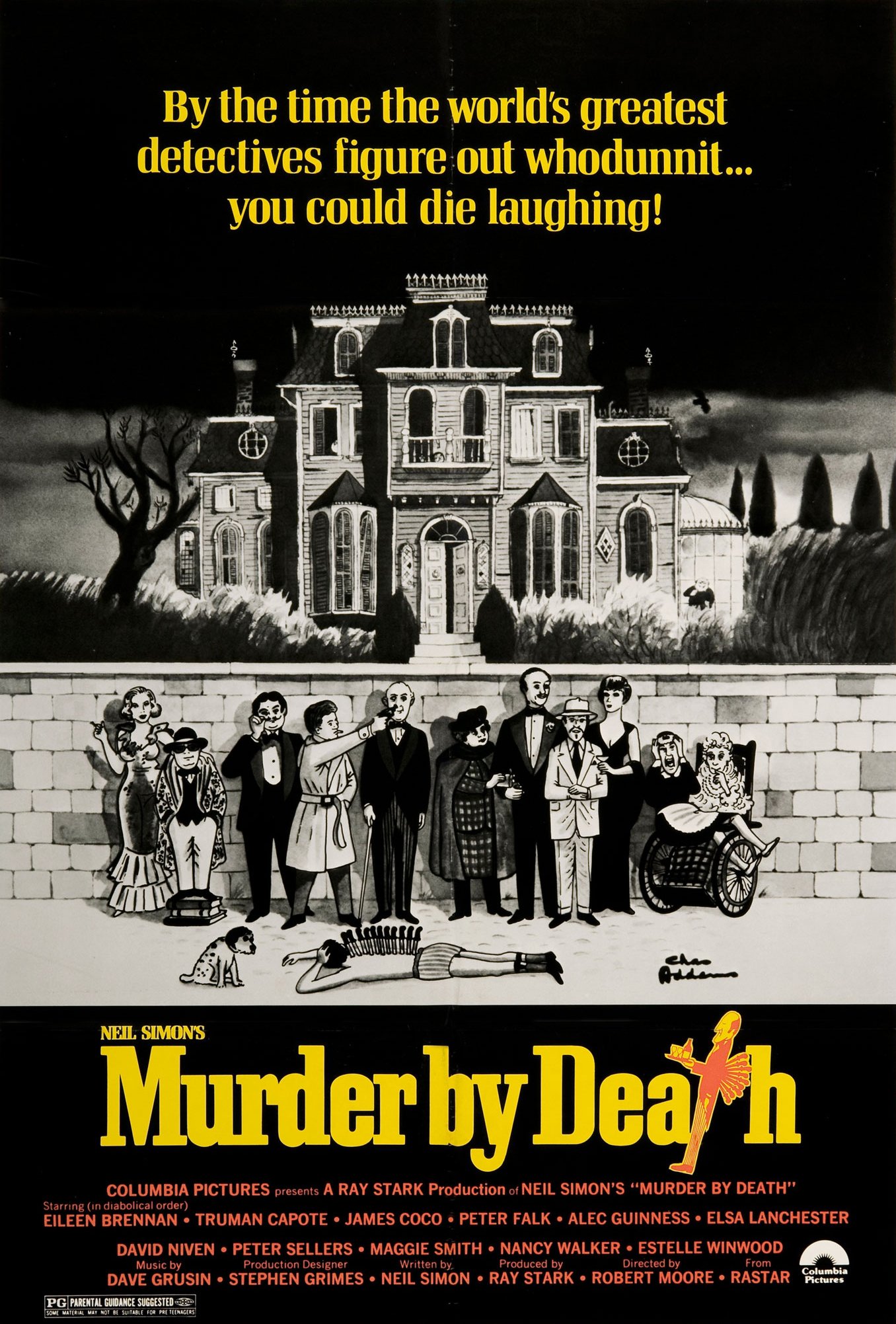




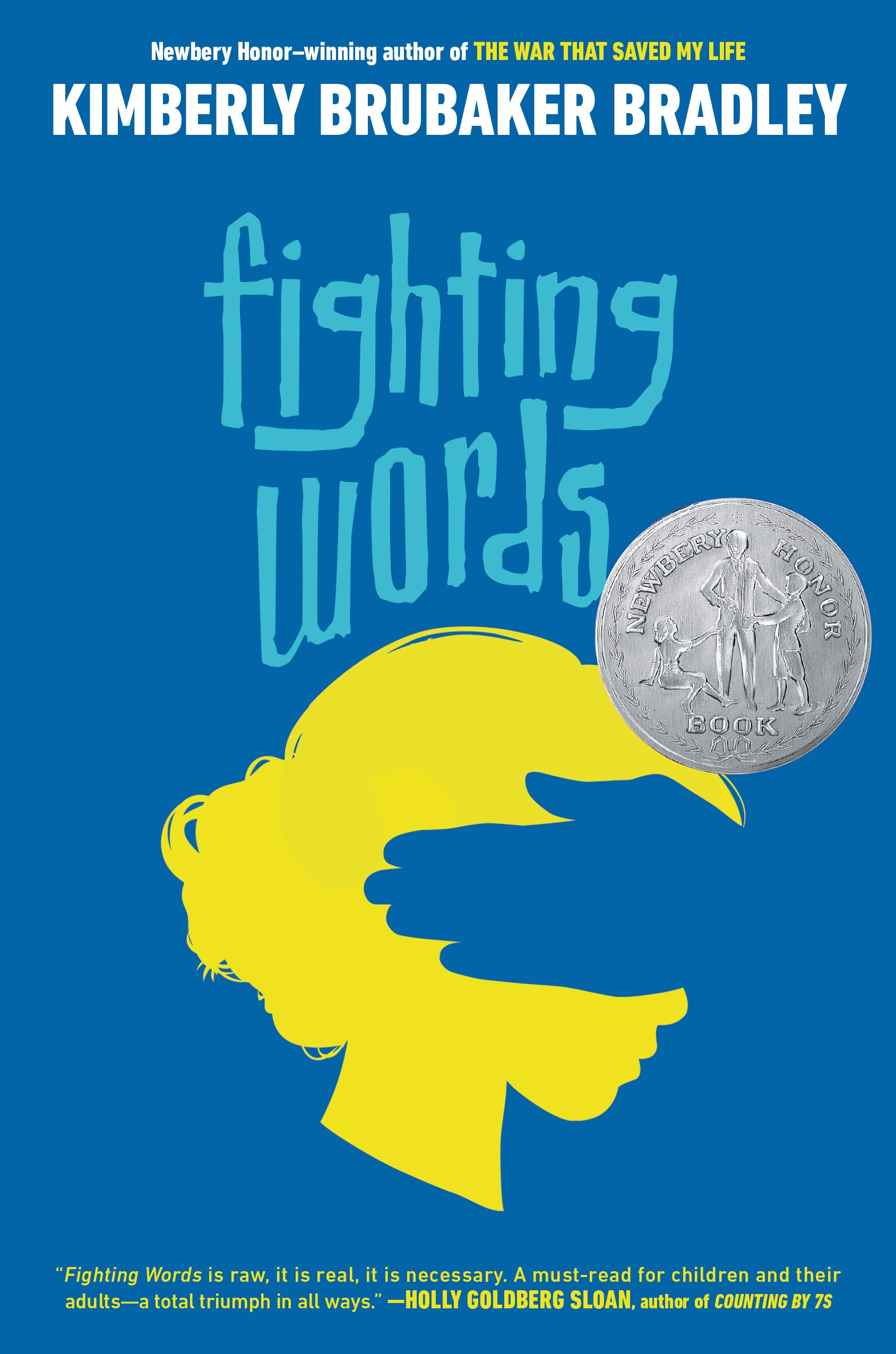








.jpg)





